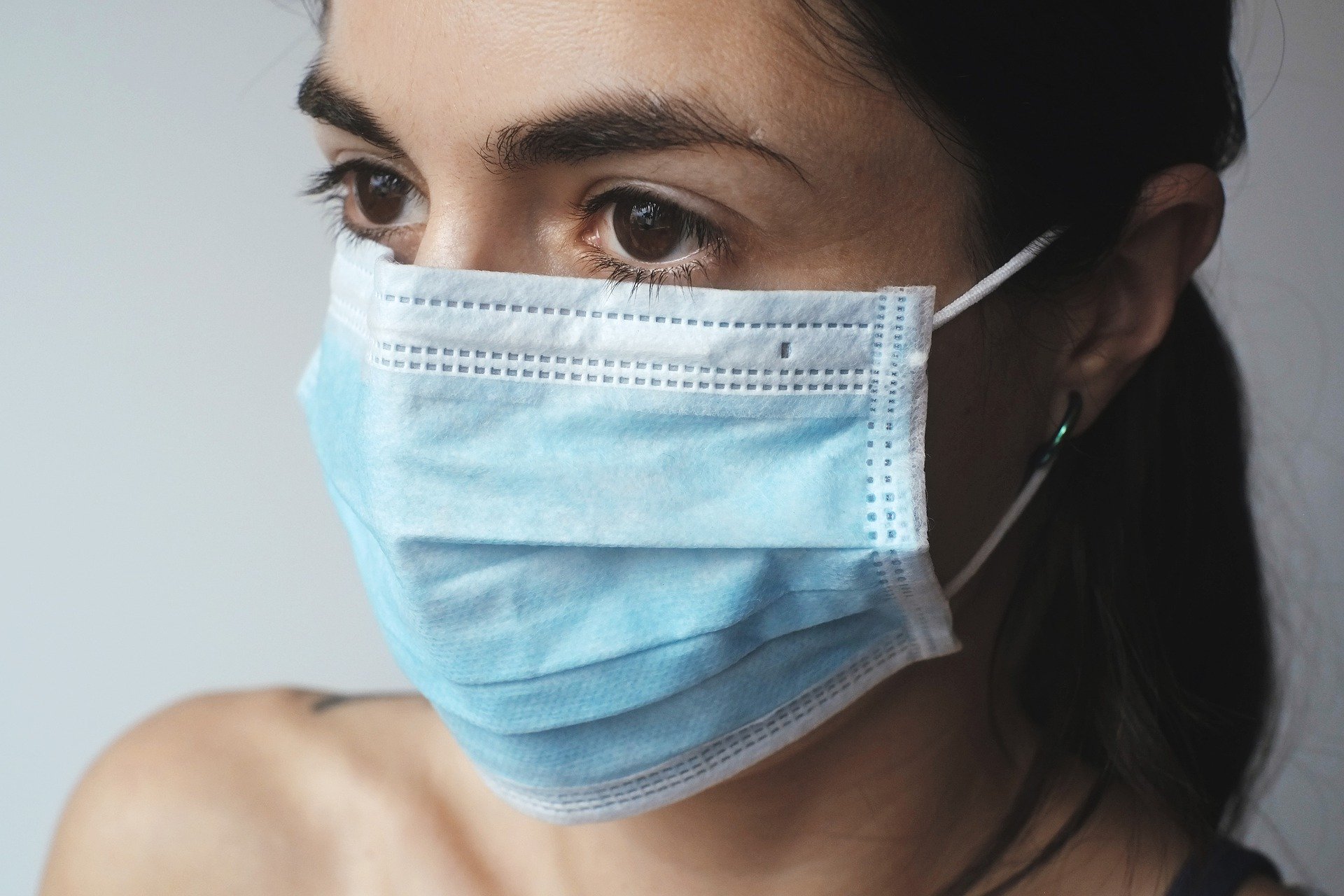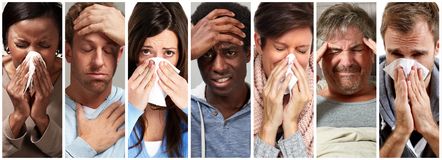There’s lots of conflicting theories, guidance, and content out there from health organizations, medical professionals, and anti-vaxxers.
But here’s the crux of the issue: Anti-vaxxers, ranging from those who believe we over-vaccinate and can overwhelm a child’s immune system to parents who believe vaccines are the cause of their child’s autism spectrum disorders, learning disabilities, or behavioral problems will not listen to health professionals who talk about the importance and necessity of vaccines, how beneficial they are, and how many lives they’ve saved.
On the flip side, those health professionals will not be swayed by anecdotal evidence, studies they claim were not correctly conducted, or parental experiences.
With much of this vaccine debate being broadcast online and in the mainstream media, some parents feel unsure about whether or not to vaccinate. They want to keep their child safe from disease, but don’t want to risk their long-term health, and they’re overwhelmed by the sheer volume of conflicting information out there. Most parents in the U.S. do vaccinate their children, but many find the choice a tough one, as they don’t want to give their child something that may cause them harm.
However, vaccines are the only sensible course of action for parents who believe in preventative healthcare. Remember, not vaccinating your child can have unpleasant consequences, too. Your child may get extremely sick from a disease that you could have prevented with adequate immunization, or they could pass that disease onto someone else, including someone who is particularly vulnerable who may be at a higher risk of complications or death.
Because most parents still vaccinate, this passing of disease is a pretty rare occurrence. This is because of a phenomenon known as herd immunity. Because most children are vaccinated against preventable diseases like measles, whooping cough, and mumps, they cannot contract or pass on those diseases. Therefore, if your child is the only one in the herd who isn’t vaccinated, they still have a high degree of protection against infection because of the vaccinated herd. You are essentially relying on the parents who do vaccinate to protect your child from disease.
But this only works as long as the vast majority of parents keep vaccinating their children. If parents opt for reactive sick care instead of vaccinating their children as part of a lifetime routine of preventive health care, herd immunity will no longer be effective, because there will be greater numbers of unprotected children within the herd, putting them and everyone else who isn’t vaccinated at greater risk of a variety of preventable diseases.
According to the WHO, immunization prevents up to 3 million deaths, worldwide, every year. The WHO also describe how vaccines can help in the fight against antibiotic resistance. All over the world, antibiotics have been over-prescribed and misused for years, antimicrobial resistance is now a major health issue. But vaccines as a form of preventive healthcare can reduce the need for antibiotics, as vaccinated populations are immunized against many diseases that may otherwise require antibiotics to treat.
Are Measles, Mumps, and Rubella Really Serious?
Yes, potentially. And they’re preventable with vaccines. As are all other diseases that we routinely vaccinate against, like polio, pertussis, and diphtheria, among others.
Measles can result in death, even with today’s high health care standards. Between 1989 and 1991, there was a measles outbreak in America. There were 55,000 reported cases and over 100 deaths. These premature deaths were all preventable.
Mumps can cause inflamed testes or ovaries and pancreatitis. More serious complications include aseptic meningitis, encephalitis, and deafness.
In most people, rubella is a mild condition, but can cause complications including encephalitis. And, in pregnant women, can cause major issues for the baby, including miscarriage, stillbirth, birth defects, heart defects, and learning disabilities.
But What About Vaccine-Related Autism?
In 1998, Andrew Wakefield and 12 of his peers published a paper linking vaccines to autism and sparked fear into the hearts of parents across the world, leading to many refusing to vaccinate their youngsters for fear of causing their child to develop autistic disorders. The fear generated by this paper persists today. However, the paper was debunked and retracted in 2011 because it was discovered that the research that was the basis for the paper was fraudulent.
Vaccinate For Your Child’s Lifelong Health
Preventive healthcare is so important. Childhood vaccines keep your child safe from potentially lethal diseases and reduce their dependence on medicine and medical intervention by warding off preventable disease.
The CDC states that vaccination is the single greatest public health achievement of the 20th century, as it’s brought about significant decline in vaccine-preventable diseases worldwide. Proper vaccination has almost eradicated all forms of polio from the world, for example.
If you’re still on the fence about vaccinations, we urge you to do your research. But do it right – trust medical health professionals and peer-reviewed papers, not random commentaries filled with pseudo-science and misinformation. For the sake of your child, get informed about vaccines. Take a look at the CDC’s guide to childhood immunizations for parents as a starting point.
By the time the average child reaches school age, they would have received 35 doses of vaccines. And there are still more to come as they get older. That’s a lot to keep track of. Using a healthcare app like Healthdom helps you stay on track and can remind you when vaccines are due so that you ensure your child is fully protected.




